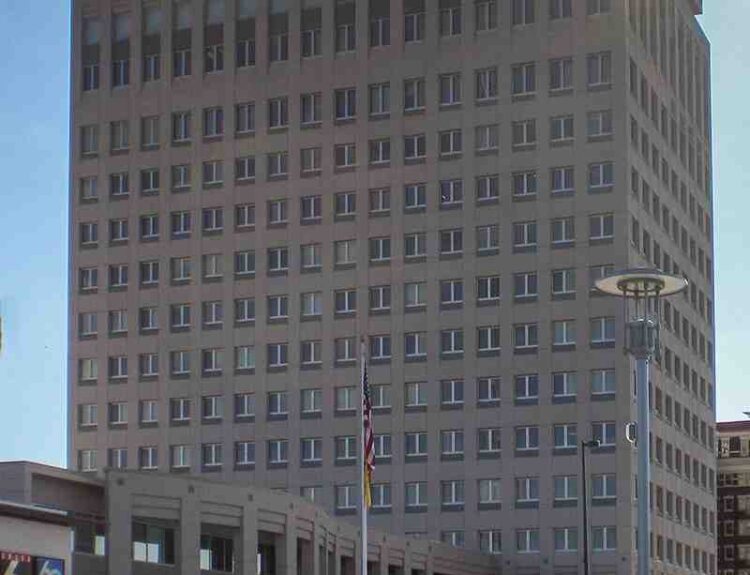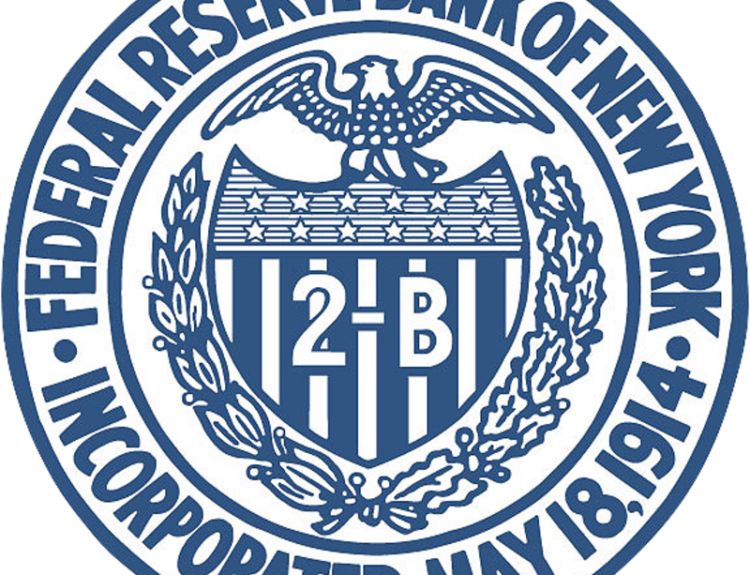Millions of households face significantly higher loan payments
- Bank of Canada to monitor fallout from pending mortgage renewals
- Approximately 3.5 million households could face significantly higher loan payments
- 40% of mortgage holders have already experienced higher loan payments
- Remaining 60% need to renew prior to the end of 2026
- Canadian economy impacted by steeper borrowing costs
- Market participants expect central bank to cut interest rates in April
- Pending renewals of $500 billion in mortgages pose a structural risk
- Consumers facing potential financial stress and reduced expenditures
- Household credit growth at lowest level in 30 years
- Delinquency rates on non-mortgage debt returning to prepandemic levels
The Bank of Canada is closely monitoring the potential fallout from pending mortgage renewals over the next three years. Approximately 3.5 million households could face significantly higher loan payments as a result. Currently, 40% of mortgage holders have already experienced higher loan payments since the central bank began raising interest rates. The remaining 60% of households, or about 3.5 million, need to renew their mortgages before the end of 2026. This could lead to significantly higher payments depending on the path of interest rates. The Canadian economy has been impacted by steeper borrowing costs, with a decline in the second quarter and early estimates indicating a stall in the third quarter. Market participants expect the central bank to start cutting interest rates in April of next year. However, financial markets may not be fully accounting for the headwinds facing the Canadian economy, including the pending renewals of approximately $500 billion in mortgages next year and in 2025. Unlike the U.S., Canadian lenders issue mortgages on five-year terms, meaning households looking to renew must do so at higher rates. This poses an underappreciated structural risk. Consumers have indicated in a recent central bank survey that mortgage payments are reaching a point where homeowners may need to reduce other expenditures. They also anticipate more pressure from higher rates. While most mortgage holders still believe they can manage higher payments upon renewal, household credit growth has decelerated to its lowest level in about 30 years. Some households are finding it harder to deal with existing debt, with delinquency rates on credit cards, car loans, and unsecured lines of credit returning to or surpassing prepandemic levels.
Public Companies: Bank of Canada (N/A)
Private Companies: undefined
Key People: Carolyn Rogers (Bank of Canada Senior Deputy Governor)
Factuality Level: 7
Justification: The article provides information from Bank of Canada Senior Deputy Governor Carolyn Rogers about the potential fallout from pending mortgage renewals. It includes statistics on the percentage of mortgage holders who have made higher loan payments and the number of households that need to renew their mortgages. The article also mentions the impact of higher borrowing costs on the Canadian economy and the potential for interest rate cuts in the future. However, the article lacks specific details on the methodology and sources of the data mentioned, which could affect its factuality level.
Noise Level: 7
Justification: The article provides relevant information about the potential fallout from pending mortgage renewals in Canada. It discusses the number of households that could face higher loan payments and the impact of rising interest rates on the economy. However, it lacks in-depth analysis and does not provide actionable insights or solutions.
Financial Relevance: Yes
Financial Markets Impacted: The article discusses the potential impact of pending mortgage renewals on the Canadian economy and household consumption. It mentions that higher loan payments could lead to a decline in household consumption, which could have implications for the overall economy.
Presence of Extreme Event: No
Nature of Extreme Event: No
Impact Rating of the Extreme Event: No
Justification: The article focuses on the potential financial impact of pending mortgage renewals and the overall state of the Canadian economy. While there is no mention of an extreme event, the article highlights the potential consequences of higher loan payments on household consumption and the need for households to renew their mortgages at higher rates.
 www.marketwatch.com
www.marketwatch.com 





